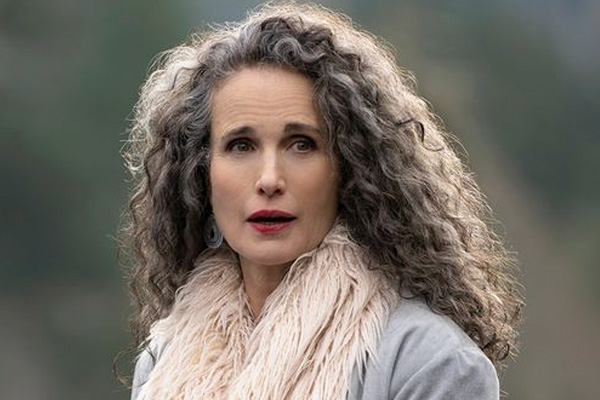IT’S NOT ALL BLACK AND WHITE –
Dec. 17, 2021 – Relaxing on my bed in suburban Detroit, I was absorbed in yet another escapist novel from the library when my mother suddenly barged into my room. Her face was filled with a familiar madness as she grabbed my arm and dragged me toward the full-length mirror in the master bedroom. She had shears in one hand as she screamed hysterically and began hacking away at my waist-long hair.
It was the 1970s, I was 13 years old, and like most teenage girls of that time, I had faithfully grown my hair long to look like celebrity idols of the day. I sobbed as clumps of my shiny black hair fell to the floor. Decades later, curled up on my sofa in Los Angeles, I was reminded of that horrific day as I watched Andie MacDowell portray Paula, a mother with undiagnosed bipolar disorder, in the Netflix series, “Maid.” Watching Paula create chaos in her daughter’s life was like watching my mother’s volatile, narcissistic and paranoid behaviors. Both Mom and Paula left a trail of damage they were oblivious to.
It’s a trail that is all too common for children of mentally ill parents, which are a high-risk population. A 2020 Swiss study showed these children have a 3 to 5 times increased risk of developing mental health problems that require treatment. Compared to their peers, they are twice as likely to be abused and more than twice as likely to be placed in foster care than other children, according to a 2011 study of data from the Department of Social Services and the Department of Mental Health.
I never went into foster care, but like so many children who grow up in homes with mentally ill parents, I continue to endure the reverberations of years of emotional and physical abuse. After years of being screamed at by my mother, I avoided conflict at all costs, giving in too easily in my personal and professional relationships.



